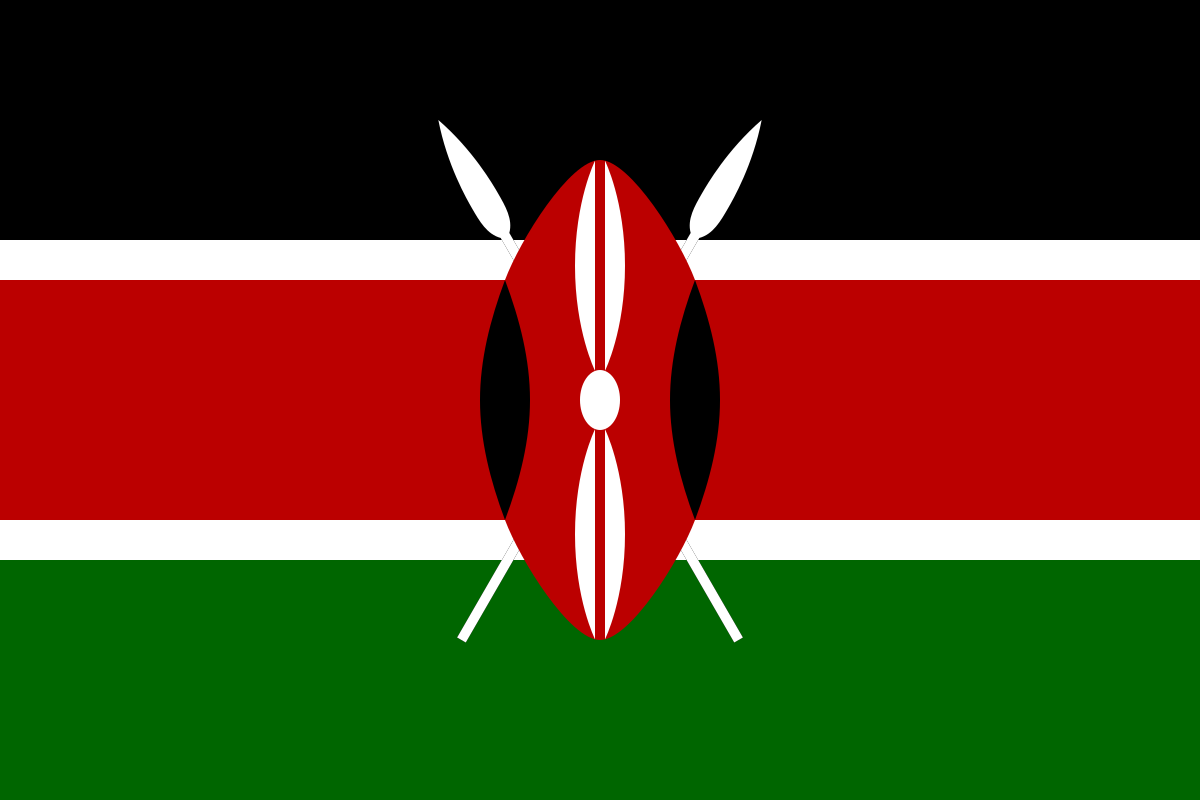The Federation of drivers and conductors in Kenya (FEDCO) has asked its members to increase transport fees by 30 percent, following the new drastic fuel prices.
The price hike includes a Sh16.61 increase for unleaded fuel, a Sh20.98 increase for diesel and a staggering Sh33.35 increase for Kerosene.
The Federation said the new fuel prices as announced by the Energy and Petroleum Regulatory Authority, "have sent shockwaves through the transport sector and wider economy."
In a statement, the Federation President Calvin Nyaure said their members should increase transport fees, to mitigate the owners from the adverse impact of the fuel price hike on their daily income.
Nyaure called on quick government's intervention, by among other things reviewing the taxes imposed on fuel products.
The calls from the federation came hours after Matatu Owners Association announced that they would increase fares immediately.
MOA chairman Albert Karakacha said just like EPRA blamed the fuel increase on inflation, they also had no option but to increase the fares.
‘We as businessmen, as inflation goes up, we also have to increase so that we do not operate at loss,’’ said Karakacha.
He said when the fuel goes up, everything including fuel, tyres goes up and they can justify the 20 percent increase.
Karakacha said they have been spending around Sh14,000 to fill a 33-seater tank and with the increase, it will go to around Sh16,000.
‘‘The cost of operating a matatu, which is a 14-seater right now with an increase of around Sh17 for diesel,” the Chairman explained.
But the drivers and conductors’ federation said it is committed to engage in talks with government and other stakeholders, to find an amicable solution to the current situation. - Patrick Vidija, The Standard






